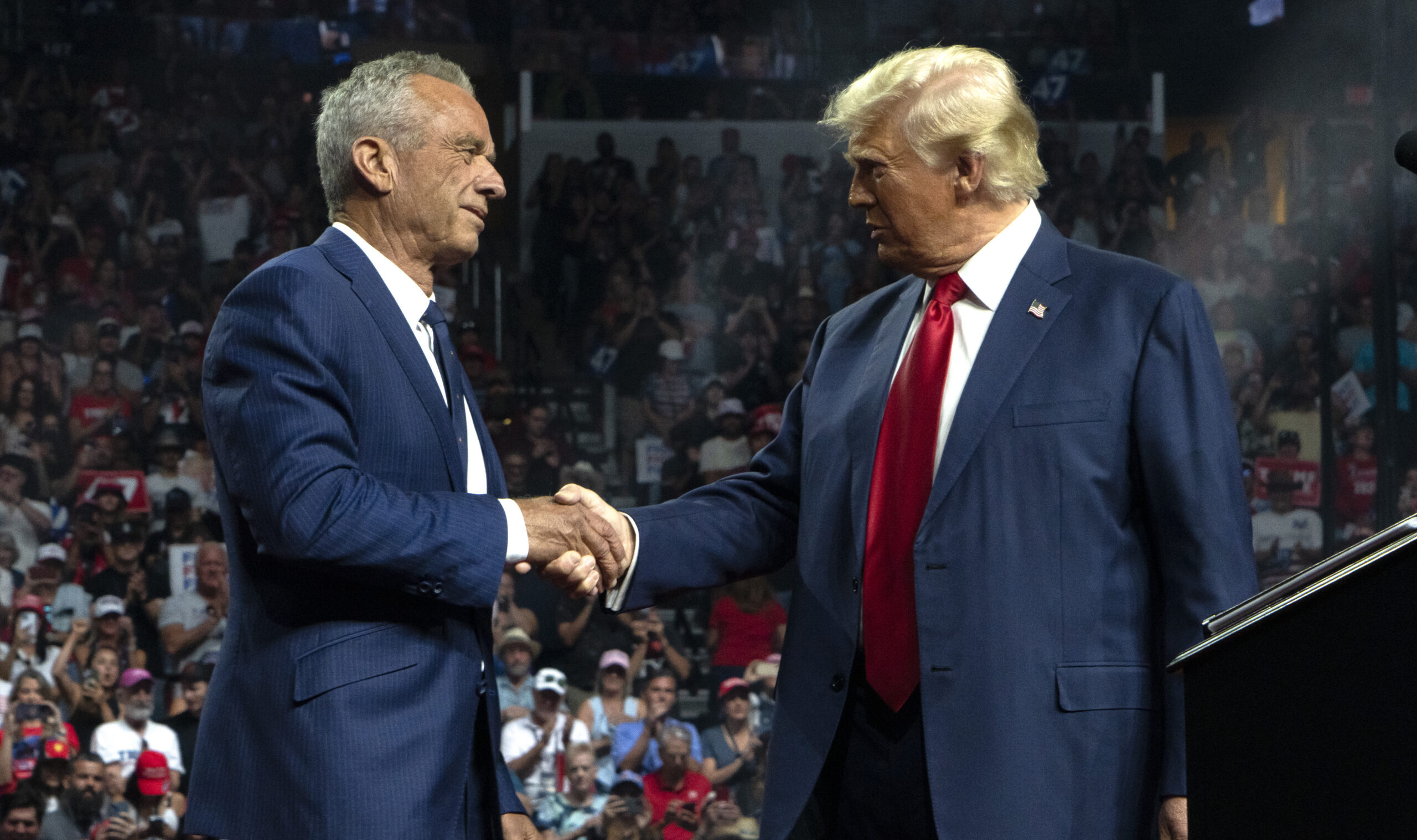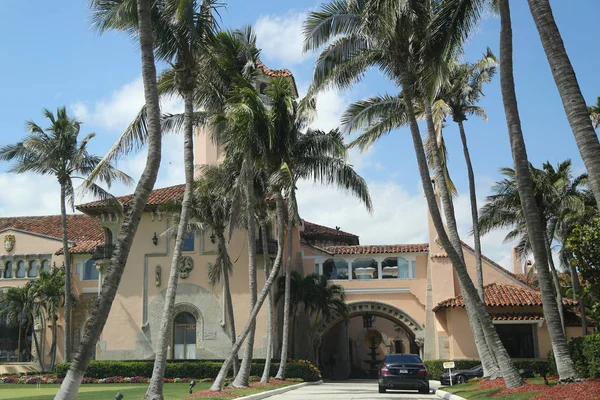The Many Conservatisms of Trump’s GOP
The new coalition has some strange resonances with the hypotheticals of yesteryear.

As President-elect Donald Trump’s cabinet nominees begin their confirmation hearings, the Dispatch’s John McCormack floated an interesting scenario: What would have happened if George W. Bush had tapped Christine Todd Whitman, a relatively moderate Northeastern Republican, to be secretary of health and human services rather than head of the Environment Protection Agency?
Whitman was pro-choice. Social conservatives would likely have balked, or at least sought assurances from her that she would follow Bush’s lead on abortion rather than her own inclinations. Perhaps she would have had to have been paired with pro-life deputies. Maybe she would have been out of luck entirely. Bush stuck her at the EPA in any event.
Of course, conservatives didn’t say no to Bush very often in those days. He checked a lot more of their boxes than his father did, which bought him some goodwill when he attempted things like No Child Left Behind and Medicare Part D. One time when conservatives did rebel against Bush, however, it paid dividends for the pro-life movement in particular: The backlash against Harriet Miers led to her Supreme Court nomination being withdrawn. She was replaced by Samuel Alito, who later authored the decision overturning Roe v. Wade. (Though some pro-lifers weren’t thrilled with Alito when he was nominated either.)
Fast forward 20 years later and you have venerable conservative institutions like the Heritage Foundation pushing for Robert F. Kennedy Jr. to lead HHS under Trump. Kennedy is not only pro-choice but to the left of Whitman on a whole host of issues. He was a Democrat until fairly recently and, as luck would have it, a leading proponent of the notion that Whitman’s boss Bush stole the 2004 election.
“If Tim Keller is too liberal for you, but RFK, Jr. is fine, you might want to rethink where your faith is centered,” argued the conservative Christian commentator Erick Erickson, referring to the late theologian and apologist alongside Trump’s HHS pick. Others wonder if Trump’s GOP is now some kind of cult.
Bush did, in fact, win the 2004 election. This was also the last presidential election the political coalition behind his candidacy ever won. Trump was elected by a somewhat different, but overlapping coalition, especially in 2024. Perhaps President Joe Biden’s age and unpopularity or Vice President Kamala Harris’s flaws as a candidate running on that same record could have allowed Ron DeSantis or Nikki Haley to win as more conventionally conservative Republicans. We’ll never know.
What did happen was that Trump became the first Republican presidential nominee since both Bushes to win the popular vote. He won the support of voters who were originally going to cast their ballots for RFK and 92 percent of those who told exit pollsters abortion should be illegal in most cases. He had the backing of many rank-and-file union members, if not their leaders, and also small-government businessmen like Vivek Ramaswamy who wanted deep cuts in federal spending. Trump himself courted the Libertarian Party.
The coalition that elected Trump, like the one that reelected Richard Nixon in 1972, is less internally coherent than the one George W. Bush inherited from Ronald Reagan. Reagan was reelected in a 49-state landslide. Bush was not. Trump has similarly had to eke out his victories, and governing is even harder.
To that end, Kennedy has had to offer social conservatives some of the same kinds of assurances Whitman would have or the pro-choice Colin Powell did when he became secretary of state in Bush’s pro-life administration. Or Reagan’s second secretary of health and human services, who didn’t have an especially conservative voting record in Congress though she did defend her pro-life bona fides at her Senate confirmation hearing. Then as now, the Republican electoral coalition was in the process of changing.
The current change hasn’t happened so much on abortion, even if GOP politicians are spooked by some post-Dobbs election results. But a lot of Republicans, and people who are newly open to voting Republican, are interested in a different federal posture toward the pharmaceutical industry. They have some ideas, with varying degrees of merit, about “making America healthy again.”
Robert Taft wasn’t identical to Barry Goldwater. Nixon was different from Reagan. Yet millions of people voted for both Nixon and Reagan, and they were more supportive of one another than Trump and Dubya have ever been.
One newer innovation is that most of the competing strains within today’s GOP identify as conservative. Nobody believes they are the RINO or the Rockfeller in this arrangement. We are all conservatives now. Or maybe none of us are.
The post The Many Conservatisms of Trump’s GOP appeared first on The American Conservative.

